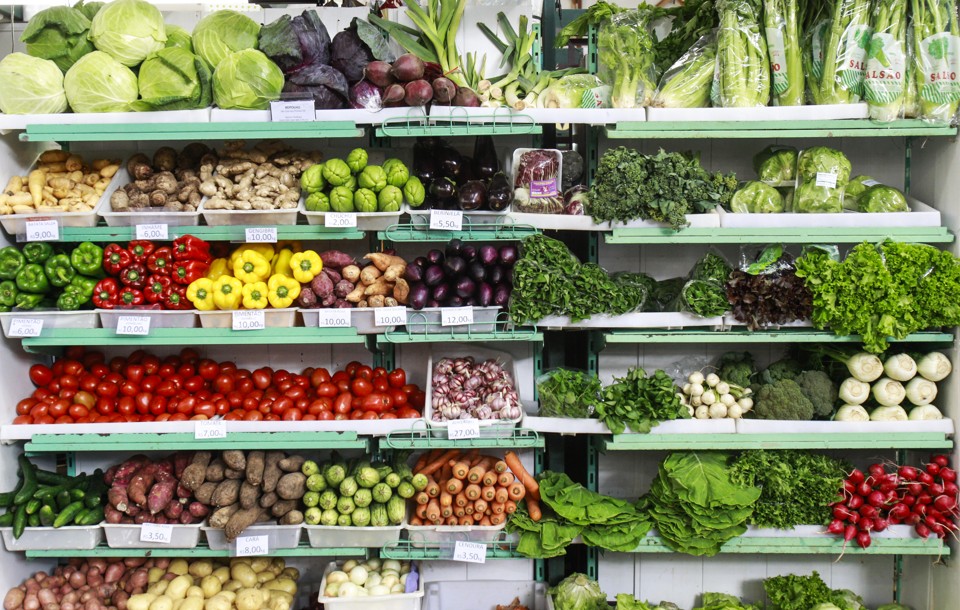RIO DE JANEIRO, BRAZIL – Fearing the risk of inflation, President Jair Bolsonaro said on Friday, September 4th, that he has reached out to supermarket associations in an attempt to lower the prices of products that make up the market basket. He said he did not intend to use his pen anywhere, nor interfere in the economic area. The comment was made during a trip to Registro (São Paulo State).
“Are you raising the price of rice, of beans? Just so you know: I’ve already talked to middlemen, I’ll talk to the supermarket association soon,” said the President. “I’m asking for a sacrifice, patriotism from the big supermarket owners to maintain the lowest profit margin.”
In the same speech, Bolsonaro pointed out that he fears the risk of inflation. “It’s not about shouting, no one will use the pen anywhere… because the emergency aid came, people started to spend a little more, a lot of money going around, inflation may be coming”, he declared. “The best way to control the economy is not to interfere with it. Because if you interfere, it doesn’t work.”

Supermarkets complain about industry readjustments
On Thursday, September 3rd, the Brazilian Supermarket Association (ABRAS) said that the supermarket sector has been under strong pressure from price hikes. “As we have determined, this is due to the increase of exports of these products and their raw material and the decrease in imports of these products,” said the association, in a statement. “In addition to this there is the fiscal policy of export incentive, and the growth of internal demand driven by the federal government’s emergency aid.”
ABRAS has notified the National Consumer Secretariat (SENACON), under the Ministry of Justice and Public Safety, about the price readjustments of items such as rice, beans, milk, meat, and soy oil. The association stated that its aim was to seek solutions with all players in the supply chain.
According to ABRAS, the price rise has been generalized and prompted by industries and suppliers. “ABRAS, which represents the 27 affiliated state associations, sees this situation with great concern because it involves products in the market basket of the Brazilian population.”
Retail price hike reaches 23,8 percent
André Braz, economist of the Brazilian Institute of Economy (IBRE) and coordinator of the Consumer Price Index (IPC) of the Getúlio Vargas Foundation (FGV), has selected seven basic products and found that in 12 months up to August, these products rose, on average, 28,9 percent in wholesale and 23,8 percent in retail.
The basket selected for the analysis was made up of rice, wheat flour, sugar, chicken, beef, pork, and soy oil. “For these basic items, the consumer transfer was virtually complete,” says the economist. Braz explains that the five percentage points difference which has not yet reached the supermarket shelves may be a backlog due to stocks, but will inevitably be passed on to the consumer.
Necton brokerage analyst Marcel Zambelo says that the price transfer in the food and supermarket sector is typically more complex, but that, at this time, both supermarkets and suppliers were able to surmount the hike by increased demand. “This is a traditionally low margin sector. From the perspective of suppliers as well as supermarkets. It is very competitive. However, now both managed to surmount price increases through increased demand partly caused by the emergency aid,” he says. He notes that in the second quarter the companies in the sector managed to increase the efficiency of their sales operation and improve profits.
“I believe that these prices will continue to be transferred and what may happen is brand substitution by lower-income consumers, who will be looking for cheaper brands,” said Zambelo.
The increase in food prices at this time occurs mainly because of the depreciation of the real in relation to the dollar, which marks the prices of these products on the international market. This trend is also driven by strong external demand for food, particularly from China. According to Claudio Felisoni, president of the Brazilian Institute of Retail Executives (IBEVAR), the arguments described by ABRAS make sense.
In addition to the bullish dollar, the association mentioned fiscal incentives for exports and the growth in internal demand driven by the emergency aid. “It is a fact, but we live in a free-market economy, there is no way to control prices,” says Felisoni.
Behind the scenes, the dispute centers on margin losses and who would pass on the hikes to a lesser extent. “The supermarket sector has been striving to hold its prices steady and has been ensuring regular supply since the start of the pandemic in the 90,000 stores across the country,” said ABRAS in the statement.
According to Braz, supermarkets are right to complain about price hikes and this pressure is not new. “The point is that, gradually, retailers are reducing margins to a point where they can no longer absorb the readjustments. So they have to increase consumer prices.”
Source: O Estado de S. Paulo

